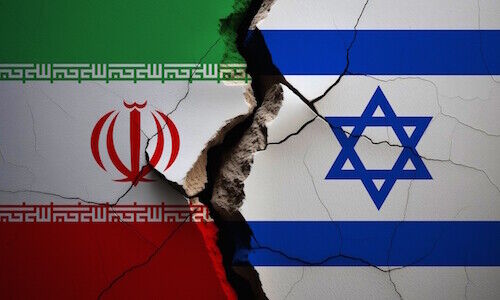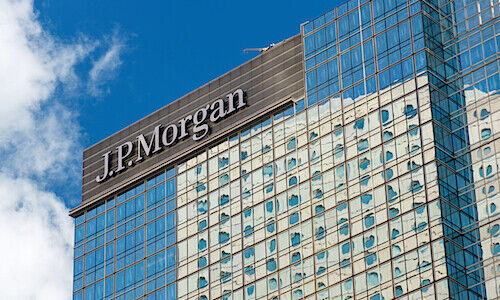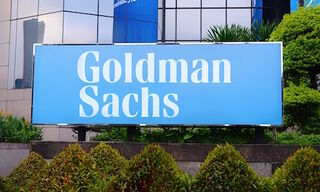UBS Calls No All-Out Iran-Israel War as Base Case
Tensions in the Middle East are escalating following the latest attack by Iran against Israel. According to UBS, uncertainty looms but an all-out war is not its base case.
On Tuesday this week, Iran reportedly fired nearly 200 missiles at Israel. This follows Israel's entry of troops into Lebanon hours before and its killing of senior Hezbollah members, including leader Hassan Nasrallah last week.
Markets de-risked before Iran’s anticipated retaliation with gold and Brent crude prices rising.
Geopolitical Outlook
According to UBS, «the extent of the risk-off move in markets will depend on whether the Middle East conflict worsens further». While the bank believes that the potential for further deterioration has increased, its base case is still not for an all-out war between Israel and Iran.
«There are some signs that Iran’s attack may have been intended to signal its resolve, without provoking a more forceful retaliation from Israel,» UBS said in a note. «A missile assault on Israel by Iran in April was telegraphed in advance, caused little damage, and led to a limited attack from Israel on an Iranian military base. Following Iran’s attack in April, the US urged Israel to respond with restraint.»
Investment Implications
In terms of the investment outlook, UBS believes that equities will be supported by a soft economic landing in the US, Fed easing, strong earnings and optimism in artificial intelligence.
It also advises investors to consider strategies to reduce the impact of market swings, such as gold and oil. It expects gold to reach $2,750 per ounce by end-2023 and $2,900 by the final quarter of 2025. It also forecasts oil to hit $87 per barrel by the end of the year.
«While we expect further volatility in the coming months amid elevated tensions in the Middle East and the run-up to the US election in November, we do not believe investors should make major adjustments to their portfolio in response,» the bank added. «Historically, the effects of international conflicts on markets typically fade fast.»



























